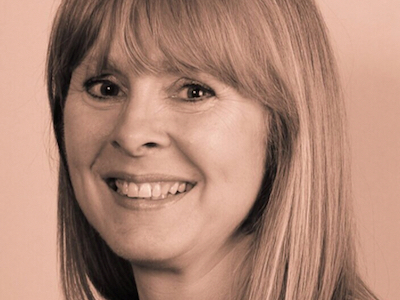To maximise commercially valuable creativity and innovation prioritise employee wellbeing
Creativity is a core element of business success, but how do we ensure we are creating an environment where employees’ creativity has room to flourish?
Leaders must place psychological safety at the centre of their organisational culture in order to promote valuable creativity and innovation.
What is the relationship between psychological safety and creativity?
The brain needs to feel safe in order to achieve its creative potential. When the brain feels under threat, creativity and innovation can be stunted. The natural urge to belong and feel valued by those around us can mean that novel or creative ideas remain unshared within teams.
Employers who place too much importance on output and achieving rigid targets often, without realising, are creating an environment where creativity is being stifled. The Adobe Creativity Gap study revealed that 75% of respondents felt they were under pressure to be productive rather than creative at work. If employees feel under pressure to conform to a pre-configured working environment then a fear of negative consequences could prevent the kind of collaboration that achieves innovative results.
Give employees freedom
When teams don’t feel they have any autonomy or freedom to explore within their work, their excitement and creative drive will likely begin to deplete, along with engagement with work itself.
Not all working environments facilitate creative freedom, however. It is natural for us to feel vulnerable when sharing new ideas and fear embarrassment should our contributions be rejected. Leaders therefore should take responsibility for creating a safe space where employees feel confident to share insights and collaborate openly.
Leaders can ensure that employees feel trusted to follow their creative instincts through creating an environment that welcomes new ideas and experimentation, as well as skill development.
Ensure employees feel valued by responding positively and constructively, even when ideas may not be the best fit at the time. If an employee perceives a response from management to be dismissive or insensitive, it may damage their sense of psychological safety and stifle their creative input in the future.
Set the precedent
When establishing a safe culture within an organisation, leaders should set the precedent and allow this to trickle down from the top and influence others. Leaders can share their own experiences of experimentation to encourage creative confidence, including times when it went wrong. This demonstrates to others that it is OK to try something new and take a risk. Listen with curiosity when employees are sharing ideas with you to demonstrate your interest in their ideas. Mirror their excitement about exploring new concepts or ways of thinking to ensure they are spurred on to continue experimenting.
Build supportive communities
Support for creativity needs to come from everyone within the organisation, not just management. If people feel insecure or scared to share ideas with their colleagues due to fear of embarrassment, creative collaboration is dulled.
Through encouraging respectful communities where people can safely be vulnerable, leaders can facilitate innovative collaboration. Host workshops and meetings where speaking freely and supporting others is standard practice. Overly critical or undermining responses must be actively discouraged, and all discussions should remain constructive and respectful.
Recognition of the relationship between psychological safety and creativity is key to empowering innovative teams. By focusing on wellbeing factors, employers can create an environment that is grounded in safe and confident knowledge sharing and bursting with creative ideas that have commercial value.
 About the author
About the author
Lesley Cooper is a management consultant with a background in health and wellbeing consulting in the private healthcare sector, Lesley Cooper, has over 25 years’ experience in the design and delivery of all elements of employee wellbeing management programmes. She is founder and CEO of WorkingWell, an award-winning specialist consultancy that helps organisations to manage pressure and stress in a way that facilitates a culture of sustainable high performance – and so will have insightful tips to aid leaders.









